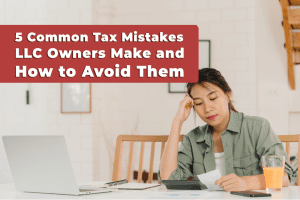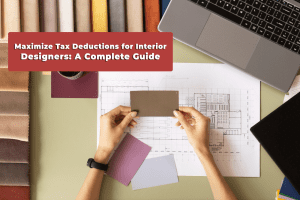Real estate, as a tangible asset, often experiences appreciation over time. This growth can lead to significant capital gains when the property is sold. However, the IRS offers a provision to defer these capital gains taxes: the 1031 Exchange. Let’s break down this vital tool for real estate investors.
What is a 1031 Exchange?
A 1031 Exchange, named after Section 1031 of the Internal Revenue Code, allows investors to defer capital gains taxes on the sale of a property by reinvesting the proceeds into a ‘like-kind’ property. This means that instead of selling a property and incurring taxes, you can reinvest your money and let it continue to grow.
The Basics of a 1031 Exchange:
Like-kind Property: The property being sold and the one being acquired must be of ‘like-kind.’ This doesn’t mean they have to be identical. For instance, an office can be exchanged for a retail store or a plot of land.
Timeline: There are two critical periods to keep in mind:
Identification Period: After selling the relinquished property, investors have 45 days to identify potential replacement properties.
Exchange Period: The purchase of the replacement property must be completed within 180 days of selling the old property.
Equal or Greater Value: To defer 100% of the tax, the net market value and equity of the property purchased must be the same as, or greater than, the property sold. Otherwise, you’ll be taxed on the discrepancy.
Benefits of the 1031 Exchange:
Tax Deferment: This is the most obvious advantage. Instead of paying 15-20% in capital gains taxes, you can reinvest that money.
Portfolio Growth: By deferring taxes, you can invest more money and potentially increase your returns.
Diversification: Investors can diversify their portfolio by exchanging one high-maintenance property for multiple lower-maintenance ones, or vice versa.
Common Misconceptions:
It’s Tax-free: No, it’s tax-deferred. You’ll still owe taxes if you eventually sell your property and don’t use another 1031 exchange.
You Can Do It Alone: Given the complexities and strict guidelines, it’s recommended to use a Qualified Intermediary (QI) to facilitate the exchange.
The 1031 Exchange can be a powerful tool for real estate investors looking to maximize their returns and grow their portfolio. However, because of its complex nature, it’s always wise to consult with tax professionals familiar with real estate transactions and 1031 guidelines.
Reach out to one of our 1031 experts to learn more





